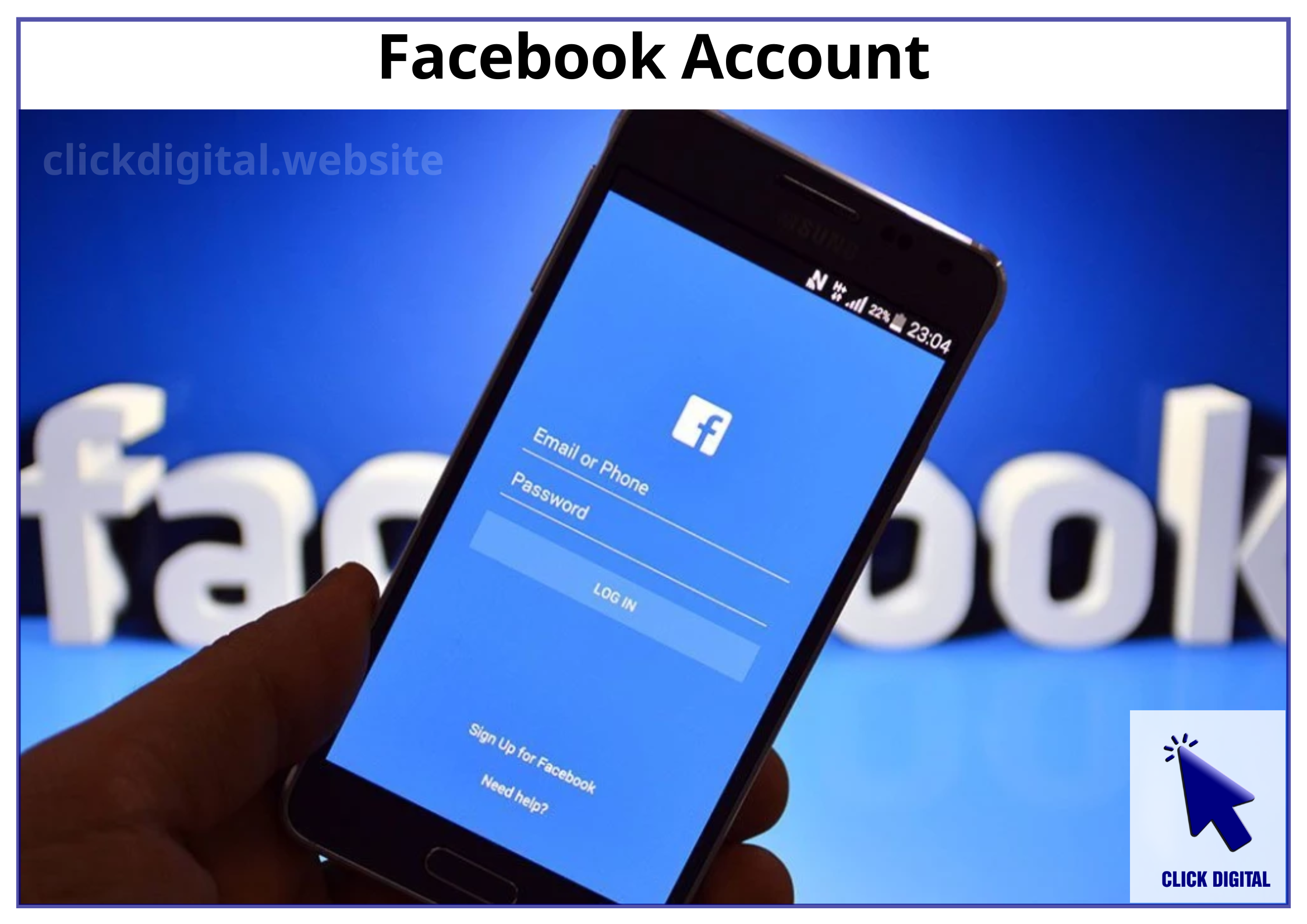Summary: This article will analyze the issue of buying and selling Facebook accounts for the purpose of group spamming – a prevalent practice nowadays. We will explore the risks, benefits, and how to choose suitable Facebook accounts. Moreover, the article provides information about account warranties, safe usage, comment tips, and relevant data.
Table of Contents
1. Spam Group: A Common Phenomenon
Everyone knows that seeding, commenting, and posting ads on Facebook groups are effective ways to reach customers. However, excessive spamming can be annoying and damage the seller’s reputation.
It can be seen that many people choose to buy Facebook accounts to “spam” groups. They hope that by using multiple accounts, they can post continuously without being blocked by Facebook.
For example:
- A cosmetics business owner may want to buy many Facebook accounts to post product ads on beauty groups and women’s groups.
- A real estate broker may want to buy many accounts to post project ads on real estate buying and selling groups, and groups for people looking for housing.
2. Risks When Buying Facebook Accounts
Buying Facebook accounts for group spamming poses several risks:
Low-quality accounts: Cheap accounts are often clone accounts, newly created accounts without activity, and lack the “strength” for effective spamming. Facebook accounts under 10,000 VND (under $0.5 USD) are not strong enough to handle seeding and commenting, meaning they will be blocked by Facebook.
Account blocking: Facebook is becoming increasingly strict in controlling spam. If you use an unsuitable Facebook account, you are likely to be blocked. According to Click Digital, the rate of Facebook account blocking due to group spamming has increased by over 60% in 2024 compared to 2023 (based on the number of blocked accounts and the decline in the spam rate on Facebook).
Money wasted: You may waste money buying Facebook accounts that you can’t use for long. In fact, many people who buy Facebook accounts are blocked immediately after purchase. Read the seller’s warranty policy carefully. In my opinion, soncuti.com has a clear warranty policy for buying and selling Facebook accounts.
Reputational damage: Spamming groups with “dirty” accounts will affect your reputation and brand.
3. Choosing the Right Facebook Account
According to Click Digital, to choose a suitable Facebook account for group spamming, you should consider the following points:
“Strong” account: An account that has been active for a long time (also known as a legacy account), has a good usage history. You can check: post history, number of friends, interaction activities…
Warranty: Choose an account with a warranty to ensure that you can use it for a long time. Ask about the warranty period and terms.
Price: The price of Facebook accounts should match your needs and budget. “Strong” accounts, often priced higher due to their longevity and good history, can range from a few tens of thousands to 200,000 VND (approximately $2 USD to $10 USD). These accounts are typically sold as described below.
Source: Buy accounts from reputable sellers with a good reputation in the market. Search for information about sellers on forums and Facebook groups.
Recommendations for places to buy Facebook accounts for seeding comments:
- Places with a clear warranty policy: soncuti.com
- Places with affordable prices: viagiare.net
What kind of accounts should you buy for comment spamming? You should buy old ads-dead via accounts (Vietnamese translate: “via cổ die ads”) or similar accounts. What are old ads-dead via accounts? Explanation: Old ads-dead via accounts are accounts with complete information, friends, and interactions (stronger than clones). They were created years ago (making them strong and durable), have run ads, and have been blocked from advertising, resulting in a lower price but still having a certain level of strength sufficient for basic commenting (not spamming, not seeding too much).
4. Commenting Lightly: Safe Approach
Excessive commenting is also a form of spam, and Facebook is increasingly focusing on controlling this activity. Remember:
No specific limits: Facebook does not publicly disclose any limits on the number of comments per day. However, commenting too much can make your account suspicious.
Depends on the tool and scenario: The way you comment, the content of your comments, and the frequency of your comments all affect the risk of account blocking.
Manual commenting is more effective: Manual commenting allows you to control content and create a more natural feel than using a tool.
Develop an account and suitable scenario: Take time to develop an account and create a comment scenario tailored to your target audience. You can use comments that are interactive, ask questions, share experiences…
Currently (at the end of 2024), Facebook is very strict in detecting and blocking fake accounts for commenting, more so than in the past 1-2 years. Try commenting on 10 groups per day, and if you feel it’s safe without Facebook blocking, keep commenting. Otherwise, reduce the number of comments.
After Facebook tightened its restrictions, you should only comment normally. If you comment too much, even strong, durable accounts will be blocked by Facebook. If you spam groups, it’s almost certain that your accounts will be blocked, so be careful.
5. Conclusion and Review
Buying and selling Facebook accounts for group spamming is a complex issue. Everyone needs to carefully consider before deciding to use this method. It can be seen that spamming groups can have a certain effectiveness but also has a very high risk of blocking.
Choose a suitable Facebook account, make it look as real as possible, avoid spamming comments, use it safely, and comply with Facebook’s policies to avoid being blocked.
Note: This article is for informational purposes only and does not encourage group spamming on Facebook. Using spam techniques may violate Facebook’s policies and lead to account blocking.

